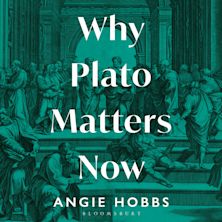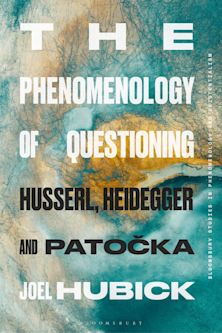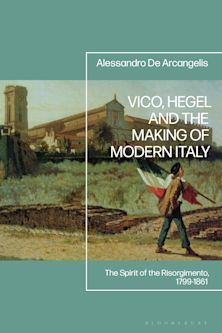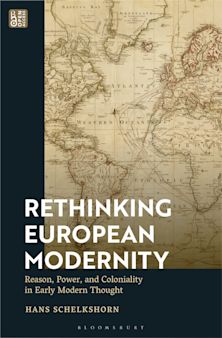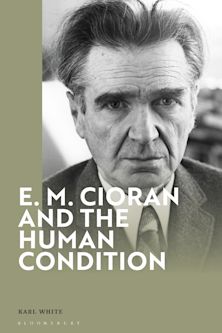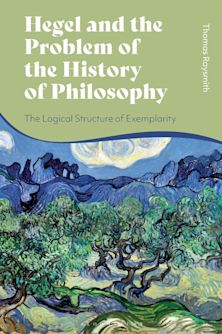- Home
- ACADEMIC
- Philosophy
- History of Philosophy
- Nietzsche's Noble Aims
This product is usually dispatched within 1 week
- Delivery and returns info
-
Free CA delivery on orders $40 or over
You must sign in to add this item to your wishlist. Please sign in or create an account
Description
This innovative volume presents an account of Nietzsche's claims about noble, life-affirming ways of life, analyzes the source of such claims, and explores the political vision that springs from them. Kirkland elucidates the meaning of Nietzsche's remarks about life-affirmation through an examination of his rhetorical identification with values, such as honesty, that he ultimately seeks to overcome. The book includes an extended treatment of the meaning and implications of Nietzsche's doctrine of eternal return, which uncovers how this element of his philosophy challenges both ungrounded metaphysical oppositions and reductionist accounts of human life. The result is an illuminating discussion of how through his philosophical confrontation with modernity Nietzsche aims to move his readers toward a noble embrace of life.
Table of Contents
Chapter 2 1. Educating the Free Spirit
Chapter 3 2. Masks of Honesty
Chapter 4 3. Nobility and Responsibility
Chapter 5 4. The Esteeming Animal
Chapter 6 5. Willing and Time
Chapter 7 6. Redeeming Time: The Teaching of the Eternal Return
Chapter 8 7. Eternal Return and the Ethics of Contest
Chapter 9 8. Politics of Contest
Chapter 10 9. Heights of the Soul: Laughter and the Perspective of Life
Chapter 11 10. Challenging the Old and New Tablets: Nietzsche's Art of Writing
Part 12 Conclusion
Product details
| Published | Jul 16 2009 |
|---|---|
| Format | Hardback |
| Edition | 1st |
| Extent | 306 |
| ISBN | 9780739127292 |
| Imprint | Lexington Books |
| Dimensions | 239 x 163 mm |
| Publisher | Bloomsbury Publishing |
About the contributors
Reviews
-
Paul Kirkland gives an impressively comprehensive and illuminating account of Nietzsche's thought, emphasizing its life-affirming goals more than the critique of traditional metaphysics and modern science. Kirkland argues that in his major works Nietzsche takes on a set of distinctive stances or rhetorical "masks"-the free spirit, the proponent of perspectivism, and the philosopher of the eternal return-to create a "politics of contest." Out of that contest, Nietzsche hopes that a new form and understanding of human nobility will arise.
Catherine H. Zuckert
-
This book makes a significant contribution, not only to Nietzsche scholarship, but even more to the current debate between modernity and post-modernity.
Horst Hutter, Concordia University, Montreal






















